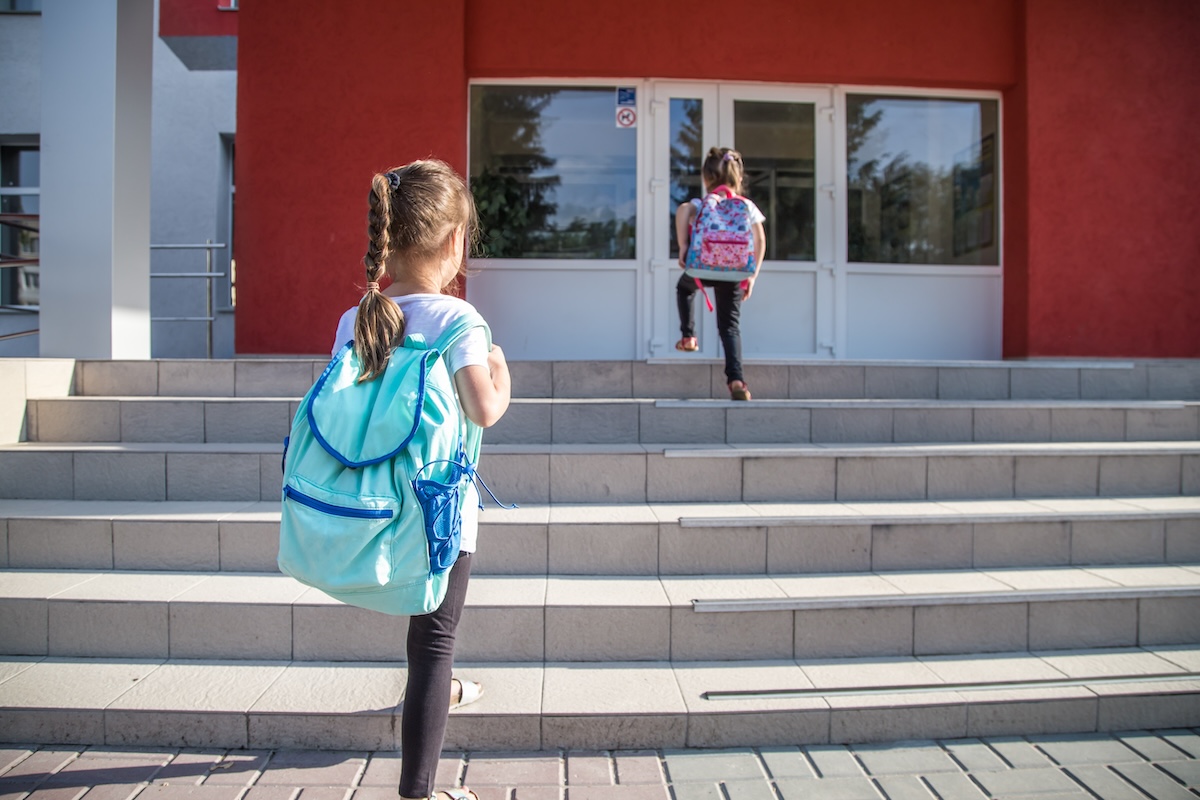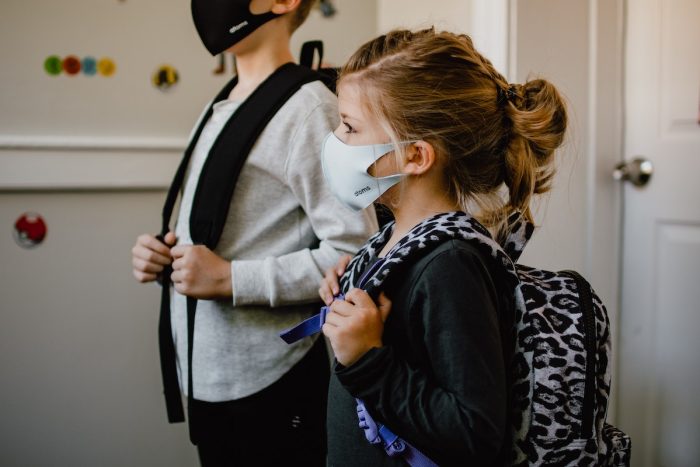
When it comes to school refusal, getting all the adults on the same page is the bottom line. It can be challenging with divorced families or when there are disagreements between parents or between parents and school or a mental health professional but, until you have teamwork, you have nothing.
A united approach including primary care providers, schools, and mental health professionals is critical for helping families make choices that support regular school attendance.
The evidence-based approach to the anxiety or depression that usually underlies school avoidance includes cognitive behavior therapy and sometimes medication but with school refusal, there’s a third piece. That piece is getting all of the adults, including the parents, involved to address the social-emotional components of school attendance in a consistent way. There are hurdles to communication and collaboration like time demands, phone trees and lost releases of information. There are also broader problems like the unique language used by each professional group that interferes with working together. Working through these offers the best “Whole Child” biopsychosocial understanding of how to help most effectively.

Parents need to understand that home instruction might decrease the student’s distress, but will increase the impairment. The farther we can keep students up the ladder of school engagement, the more prepared they are for adult life. Accommodating children’s anxieties is not as helpful as supporting them while pushing them to stretch past their comfort zone. Families can perceive that school is dangerous or unsupportive but often that is not accurate. Rather, school can be an environment where kids learn to engage with the world.
Any family’s perception of the issues at school can be skewed, biased by what the child reports and perhaps the parents’ own experiences when they were in school. That’s why getting releases and being in touch directly with the school gives the fullest picture from the people who see students 35 hours per week and who understand children. Schools love to hear from health care providers and speaking directly with them is the only way you’ll get the information you need to make an accurate diagnosis. When you call the school office, whoever picks up after you get through the phone tree can usually refer you to the staff member who knows the student best, whether that’s a teacher, counselor, or coach. Students in special education have a dedicated team, usually including a school psychologist or similar professional.
Similarly, it is critical to be in touch directly with any mental health professionals involved in the child’s care. Call for an update and don’t expect parents to be the go-between who transmit information from one healthcare professional to another. Team work takes time but if you can help families down this road of supporting young people to go to school, then they will be learning and growing instead of asking for another scan or another GI workup. Accurately diagnosing and managing pediatric mental health issues with the help of the school can really make a difference in the child’s life. The collaborative team has power to get young people back on track if you work together.

Primary Care Providers see young patients who complain of stomachaches or other physical complaints that magically vanish on weekends, which are really physical symptoms of psychiatric problems. Sometimes caregivers insist that school isn’t good for their child and that the best way to help them is to keep them home so they ask for a note so their child can receive home instruction. The better solution is to increase support and empathy without lowering expectations. Part of the actual treatment of anxious and depressed children involves being exposed to school life, maintaining routines and sleep hygiene and ongoing social involvement with peers and adults at school. Academic content is only part of what students get out of school. The graphic below to emphasizes that the ability to handle transitional and unstructured time at school and to interact with adults and with peers are extremely important in young people’s growth.
Child

Child
